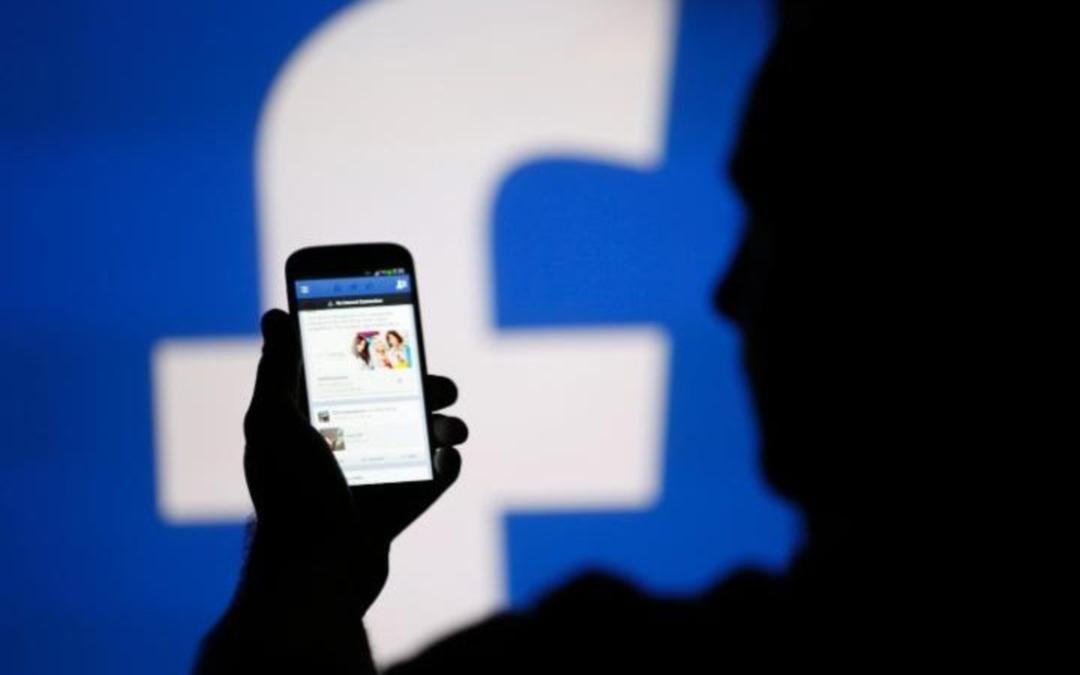Is India Setting a ‘Global Standard’ for Online Censorship of Social Media?
With 1.4 billion people, India is the second most-populous country in the world.
But a new article in the Washington Post alleges that India has “set a global standard for online censorship.” For years, a committee of executives from U.S. technology companies and Indian officials convened every two weeks in a government office to negotiate what could — and could not — be said on Twitter, Facebook and YouTube. At the “69A meetings,” as the secretive gatherings were informally called, officials from India’s information, technology, security and intelligence agencies presented social media posts they wanted removed, citing threats to India’s sovereignty and national security, executives and officials who were present recalled. The tech representatives sometimes pushed back in the name of free speech…
But two years ago, these interactions took a fateful turn. Where officials had once asked for a handful of tweets to be removed at each meeting, they now insisted that entire accounts be taken down, and numbers were running in the hundreds. Executives who refused the government’s demands could now be jailed, their companies expelled from the Indian market. New regulations had been adopted that year to hold tech employees in India criminally liable for failing to comply with takedown requests, a provision that executives referred to as a “hostage provision.” After authorities dispatched anti-terrorism police to Twitter’s New Delhi office, Twitter whisked its top India executive out of the country, fearing his arrest, former company employees recounted.
Indian officials say they have accomplished something long overdue: strengthening national laws to bring disobedient foreign companies to heel… Digital and human rights advocates warn that India has perfected the use of regulations to stifle online dissent and already inspired governments in countries as varied as Nigeria and Myanmar to craft similar legal frameworks, at times with near-identical language. India’s success in taming internet companies has set off “regulatory contagion” across the world, according to Prateek Waghre, a policy director at India’s Internet Freedom Foundation…
Despite the huge size of China’s market, companies like Twitter and Facebook were forced to steer clear of the country because Beijing’s rules would have required them to spy on users. That left India as the largest potential growth market. Silicon Valley companies were already committed to doing business in India before the government began to tighten its regulations, and today say they have little choice but to obey if they want to remain there.
The Post spoke to Rajeev Chandrasekhar, the deputy technology minister in the BJP government who oversees many of the new regulations, who argued “The shift was really simple: We’ve defined the laws, defined the rules, and we have said there is zero tolerance to any noncompliance with the Indian law…“You don’t like the law? Don’t operate in India,” Chandrasekhar added. “There is very little wiggle room.”

